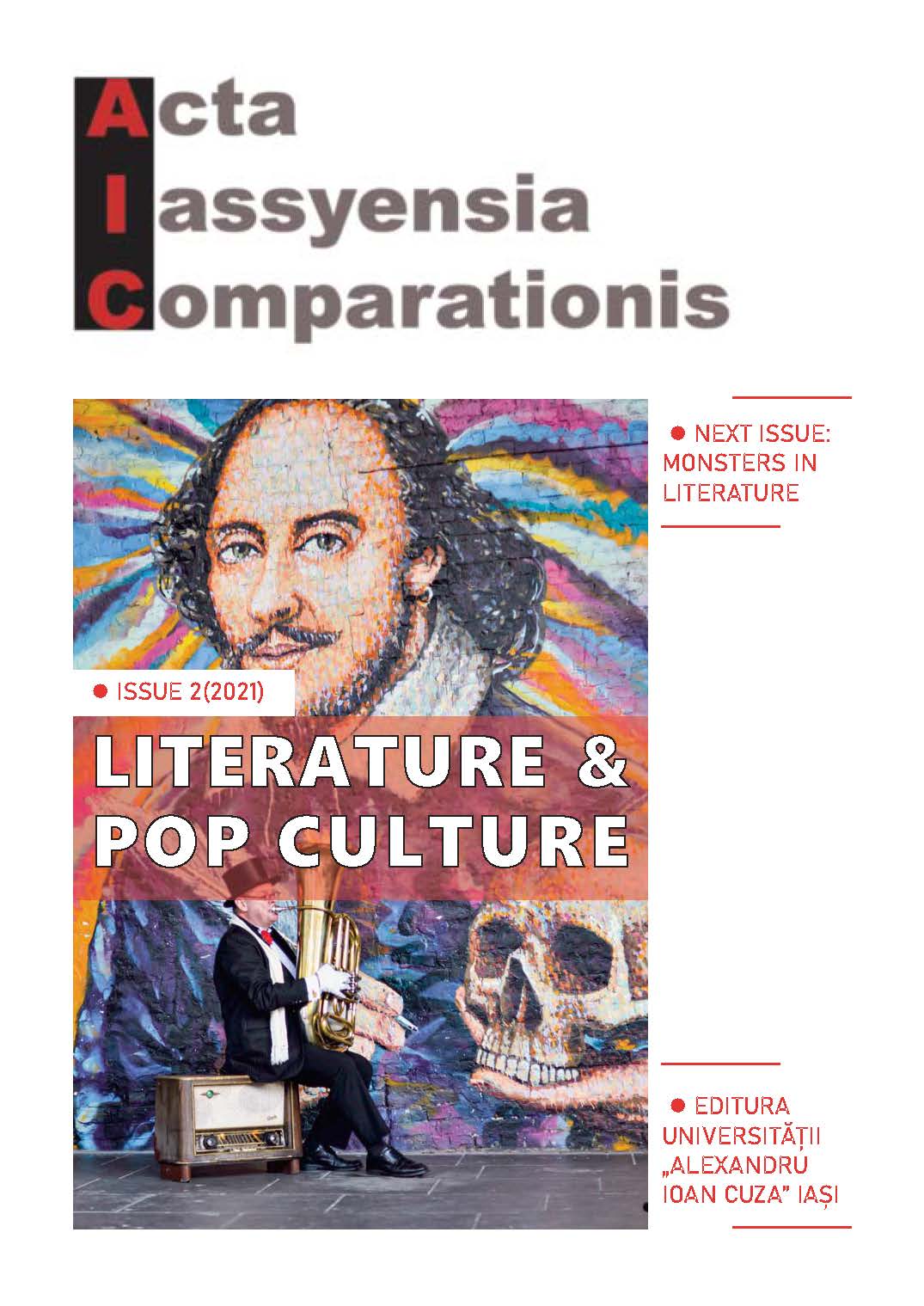‘The (Meta)Game is On’. Metafiction in SHERLOCK
‘The (Meta)Game is On’. Metafiction in SHERLOCK
Author(s): Kathrin NeisSubject(s): Studies of Literature, Film / Cinema / Cinematography, British Literature
Published by: Editura Universităţii »Alexandru Ioan Cuza« din Iaşi
Keywords: Sherlock Holmes; Conan Doyle; SHERLOCK (BBC); TV series; detective; metafiction; selfconscious fiction;
Summary/Abstract: In this paper, I deal with metafiction in British television series SHERLOCK. For this purpose, I have chosen, as an example, “The Empty Hearse”, an episode with frequent occurrences of metafiction. Originally devised as a literary concept, I will show that metafiction is also applicable to televisual ‘texts’. In accordance with Patricia Waugh, I understand metafiction as a literary form that “self-consciously and systematically draws attention to its status as an artefact” and thereby addresses “questions about the relationship between fiction and reality” (Waugh, 1984: 2). This could also be the case in media understood as belonging to popular culture. Firstly, I take a short look at metafiction in Arthur Conan Doyle’s Sherlock Holmes canon. Secondly, I examine its occurrence in the TV series episode. In doing so, I distinguish between two forms of metafiction: metafiction that can be understood immanently and metafiction that requires additional contextual knowledge on the part of the viewer. This form draws on intertextual references rooted in popular culture. In the end, it becomes clear that both forms are used in the episode. However, by no means do they always have a disruptive character; on the contrary, they often have an additional immersive effect.
Journal: Acta Iassyensia Comparationis
- Issue Year: 2/2021
- Issue No: 28
- Page Range: 49-60
- Page Count: 12
- Language: English

